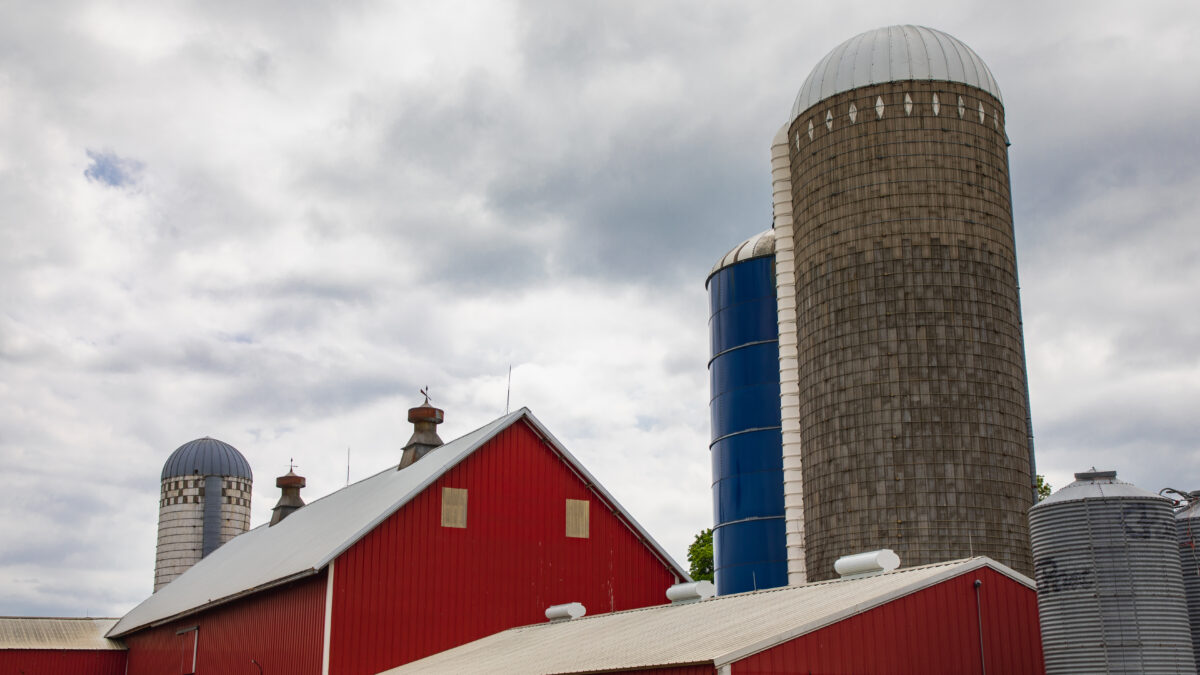Preserving the Right to Farm
TOPICS
StillFarmingZippy Duvall
President

photo credit: Right Eye Digital, Used with Permission
Zippy Duvall
President
America’s farmers and ranchers have always had a passion for feeding our country and the world. To the people who get up every day and go to work on the farm from sunup to sundown, farming is more than a job. It’s a way of life and a commitment to providing safe, affordable and wholesome food for our tables in a responsible and sustainable way.
When the COVID-19 pandemic hit early last year, consumers saw empty grocery store shelves on a scale we had not seen in our country in our lifetimes. It shook consumers’ confidence to imagine what our world would look like if we had to worry about the availability of food, something we’ve all come to take for granted. But through it all, farmers and ranchers were #StillFarming, as the supply chain disruptions leveled out and grocery shelves filled up again.
While the global pandemic is one example of a crisis that can shake a food system, there are other real threats that could impact our ability to produce food. For several years now, trial lawyers have gone after food companies with so-called “nuisance lawsuits” that can take away a farmer’s livelihood and his or her ability to produce our nation’s food. We saw this tragic story play out in North Carolina a few years ago, when 26 lawsuits were brought against a meat processing company, affecting 89 North Carolina hog farmers who were accused of being a “nuisance” to their neighbors.
These lawsuits were not based on any violations of environmental laws or regulations: they simply claimed that these farms were a nuisance. When the cases were heard, juries in North Carolina awarded nearly $550 million in damages to the plaintiffs, even though no law was broken, or regulation violated. And while these lawsuits were filed against the company, the individual farmers were the ones who suffered the most, being driven out of business in the process. All because some trial lawyers convinced jurors who didn’t live anywhere near these farms, and weren’t allowed to visit them, that they were a nuisance.
Last November, the meat processing company settled all the lawsuit claims for an undisclosed amount, closing this disturbing chapter in a heartbreaking story for family farmers. But if this happened in North Carolina, it could happen anywhere. It’s a sad state of affairs when you follow all the laws and regulations that apply to your farm but can be put out of business because someone thinks normal farming activities – the very acts of growing our food – are a nuisance or are somehow harmful.
As farmers and ranchers, we all want to be good neighbors, and we work hard to produce America’s food responsibly and sustainably.
But these trial lawyers’ lawsuits and the multi-million-dollar awards they generated have shown us that sometimes being a good neighbor might not be enough. That’s where state right-to-farm laws come in. Legislatures in all 50 states have enacted right-to-farm laws to assure that normal farming activities, which are highly regulated in every state, should be protected from nuisance lawsuits. But as we saw in North Carolina, these laws are not always applied fairly or in accordance with the intent of the state legislators who enacted them.
All state Farm Bureaus can work with their state legislatures to take a closer look at their right-to-farm laws and update them to ensure that farmers who play by the rules aren’t sued out of business. It’s true we have an obligation to be good neighbors. Of course, we do. Farmers are known for caring about their neighbors and communities. They are not known for outsmarting trial lawyers following an opaque legal standard. States are right to protect farmers from such standards. Our livelihoods and the future of America’s safe and resilient food supply depend on it.
Zippy Duvall
President
Vincent “Zippy” Duvall, a poultry, cattle and hay producer from Greene County, Georgia, is the 12th president of the American Farm Bureau Federation.
Top Issues
VIEW ALL